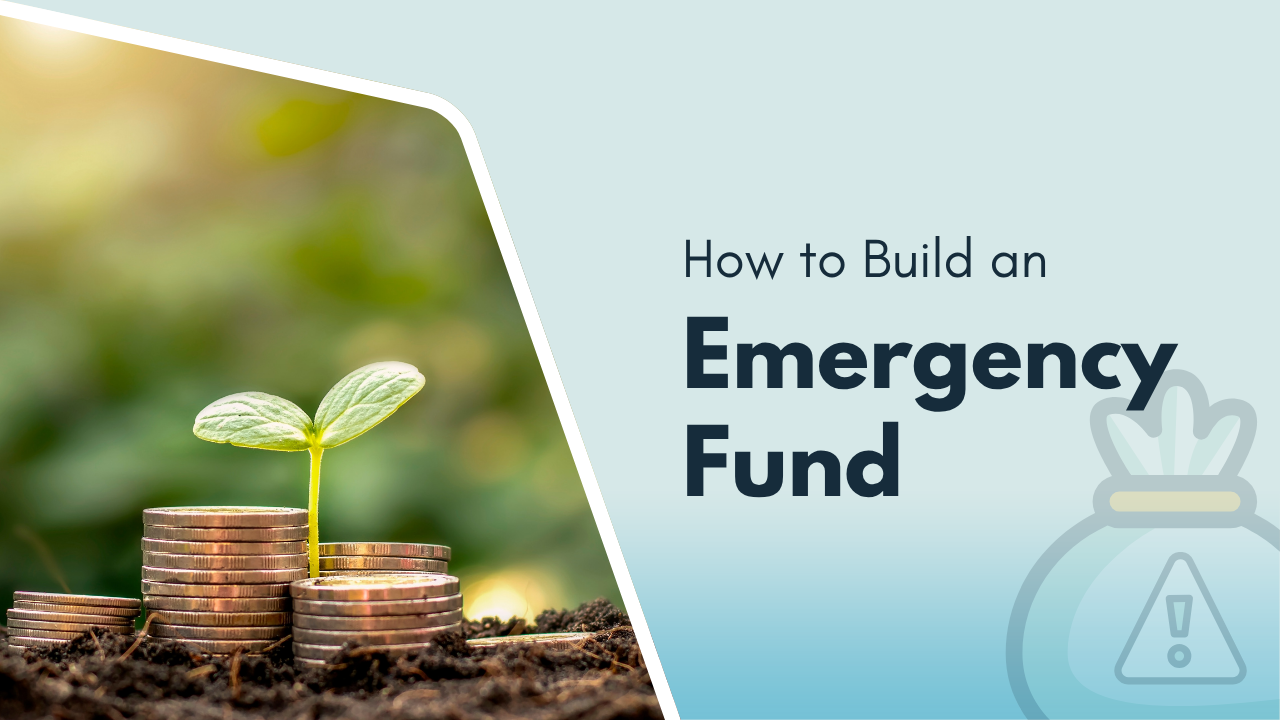You have not yet added any article to your bookmarks!

Join 10k+ people to get notified about new posts, news and tips.
Do not worry we don't spam!

Post by : Samjeet Ariff
Disclaimer: This article is for general informational purposes only. It should not be considered financial advice. Always consult a certified financial advisor for personalized guidance based on your financial situation.
An emergency fund is one of the most essential tools for financial security, yet many people overlook it until a crisis hits. Whether it is a sudden medical bill, job loss, car repair, or family emergency, unexpected expenses can create stress and push you into debt. An emergency fund acts as a financial cushion, helping you stay stable even when life takes unpredictable turns.
This guide breaks down why an emergency fund is necessary, how much you should save, and simple, practical steps to build one efficiently—no matter your income level.
Unexpected expenses can disrupt your entire financial plan. Without savings, many people rely on credit cards or personal loans, which lead to high interest payments and long-term financial strain.
1. Protects you from debt
A sudden expense without savings often results in borrowing money at high interest rates. An emergency fund prevents this cycle.
2. Reduces stress during financial shocks
Knowing you have money set aside provides emotional security and peace of mind.
3. Helps you avoid breaking long-term investments
Without emergency savings, you may be forced to sell investments prematurely, which can lead to financial losses.
4. Keeps you prepared for job loss or income interruptions
A solid emergency fund allows you time to search for a new job without financial panic.
Financial experts typically recommend saving three to six months of essential living expenses. These expenses include:
Rent or home loan
Utility bills
Groceries
Transportation
Loan EMIs
School fees
Health insurance premiums
Write down your monthly essential expenses.
Multiply the total by three for a basic safety net.
Multiply by six for a stronger buffer, especially if you have dependents or unstable income.
You may need nine to twelve months of savings if:
You are self-employed
You work in a volatile industry
You support a large family
You have health conditions or high monthly commitments
Your emergency fund must be easily accessible but not so accessible that you spend it casually.
1. High-yield savings account
Offers quick access and generates interest.
2. Money market account
Safe, liquid, and often better interest rates than regular savings.
3. Short-term fixed deposits
Can be broken during emergencies with minimal penalty.
4. Liquid mutual funds (for moderate savers)
Offer higher returns with low risk and easy withdrawal.
Avoid keeping emergency money in stocks, long-term FDs, retirement accounts, or risky investments where value fluctuates.
Even if you do not earn a lot, you can start small and grow your fund steadily. What matters is consistency.
Begin with a manageable amount like one month’s expenses, then increase gradually.
Set up auto-transfer from your salary account to your emergency fund account. Automation ensures discipline.
Reduce spending on subscriptions, eating out, or shopping until your fund reaches a comfortable level.
Direct bonuses, tax refunds, cashback, and gifts into your emergency fund instead of spending them.
Avoid mixing daily expenses with your emergency savings to prevent accidental spending.
As your income or expenses change, update your emergency fund target.
Use it only for real emergencies, not for wants or lifestyle upgrades.
Medical emergencies
Sudden job loss
Essential home or car repairs
Emergency travel for family
Unexpected bills or legal expenses
Vacations
Shopping
Gadgets
Entertainment
Eating out
The goal is to preserve the fund for real crises.
If you withdraw from your fund, prioritize replenishing it.
Pause non-essential spending
Increase auto-transfer temporarily
Use additional income
Reevaluate your budget
Think of your emergency fund as your financial shield—it should always remain strong.
An emergency fund is more than just savings; it is your financial safety net. Building one gives you confidence, stability, and the freedom to handle life's surprises without falling into debt. Start small, stay consistent, and choose the right savings tools. With time, your emergency fund becomes your strongest financial asset, protecting you from uncertainty and giving you long-term security.
#emergency fund guide #how to build emergency fund #emergency savings tips #personal finance basics #saving money










Air India Airbus A350 Engine Damaged by Cargo Container in Delhi Incident
An Air India A350’s engine sucked in a cargo container while taxiing in Delhi, grounding the flight.

Pakistan Expands Arms Influence, Eyes Islamic NATO in Arab World
Pakistan strengthens military ties in the Arab world, negotiating arms deals and a trilateral Islami

Harvard Drops to Third in Global Science Ranking, China Leads Again
Harvard University falls to third in the CWTS Leiden 2025 Science ranking, while Chinese universitie

Canada, China Open New Chapter With Strategic Partnership Talks
Canada and China begin rebuilding relations as Prime Minister Mark Carney meets President Xi Jinping

Batangas Court Orders Arrest of Atong Ang in Missing Sabungeros Case
A Batangas court has ordered the arrest of tycoon Atong Ang and others over the disappearance of sab

China Gives $2.8M Aid to Thailand After Fatal High-Speed Rail Accident
China provides 20 million yuan in cash and relief supplies to Thailand after the deadly crane collap